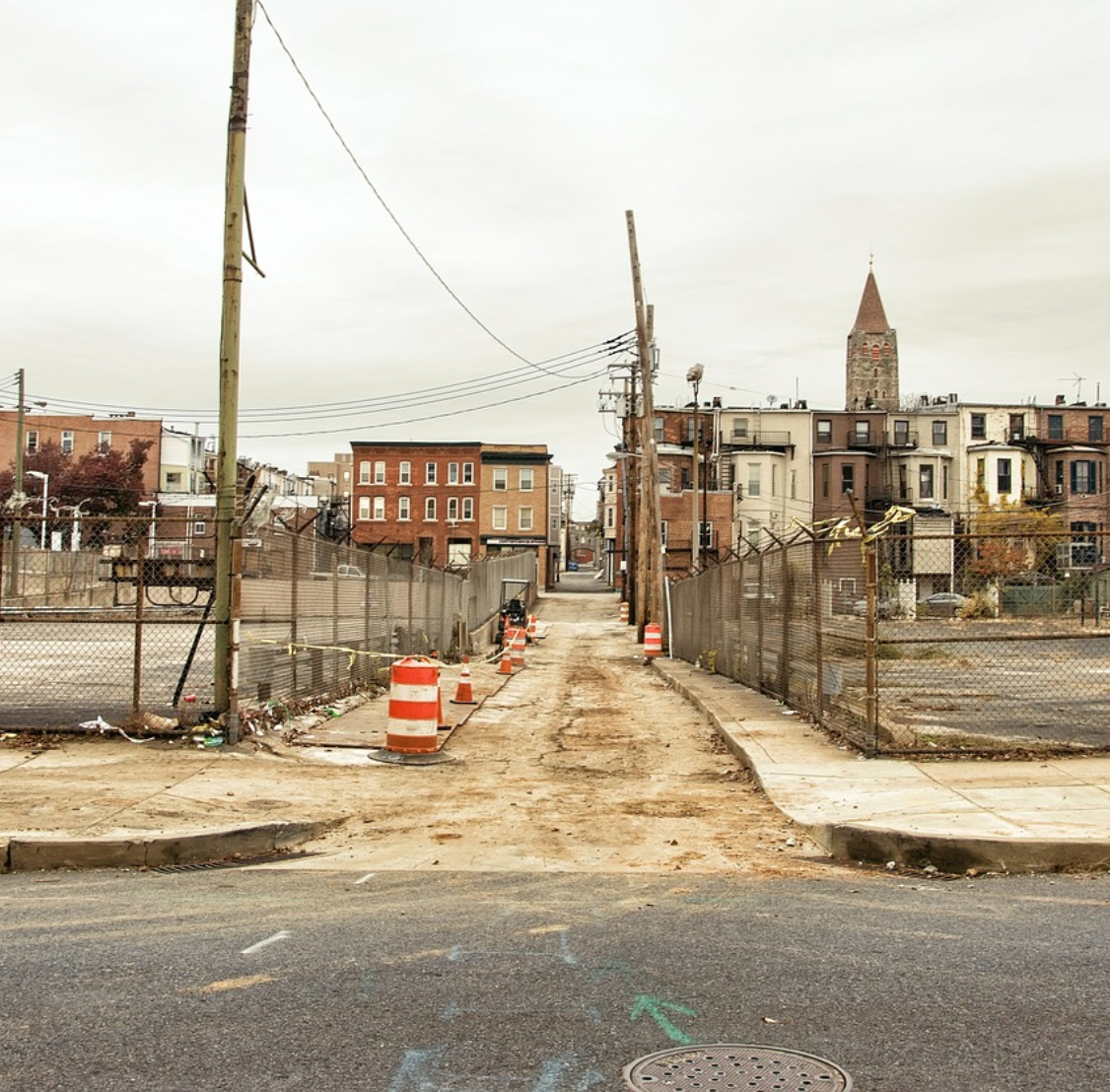People with mobility challenges in Baltimore, Md., are celebrating the 31st anniversary of the Americans with Disability Act this week by filing a lawsuit demanding their city follow the historic law — and other communities could face similar lawsuits soon.
A coalition of Charm City residents who use assistive devices recently filed a class action suit against the mayor and city council for failing to make sidewalks accessible, as required by federal law. A 2016 self-administered evaluation found that 64 percent of Baltimore sidewalks were so narrow, uneven, or obstructed that people with wheelchairs and other mobility aides could not use them; a separate study in 2019 found a stunning 98.7 percent of curb ramps impassible, too.
For the plaintiffs in the case, the failures can mean forgoing participation in daily activities that other residents take for granted, such as going to work without assistance or simply spending time with family nearby.
"In my opinion, Baltimore is certainly the worst city of the ones that I’ve investigated and monitored," said Martie Lafferty, director of accessibility projects at the Civil Rights Education and Enforcement Center, one groups representing the plaintiffs. "Typically, you’ll have pockets of a city where curb ramps are missing or inaccessible. But in Baltimore, it's all across the city."
Baltimore isn't the only city that Lafferty's group is challenging to do better by residents with disabilities. CREEC and its collaborators have filed similar lawsuits against several California cities, including San Jose, Long Beach, and Los Angeles, as well as in Colorado Springs and Denver, Colo., and Portland, Ore., among others; many have settlement agreements that require them to come into compliance with accessibility laws over 12 to 15 years.
But coming to those agreements isn't always easy, and enforcing them requires constant monitoring. Under the ADA, city transportation departments must evaluate sidewalks and make them accessible every time roads are repaved, but many illegally put those dollars toward other priorities.
"There are no ADA police, so often, it takes people like our plaintiffs to point out when their communities aren't following the law," said Lafferty. " It really seems like cities are just saying 'We'd rather do other things with our resources, so people with disabilities can just take a back seat for now — and I guess we’ll comply when we get called out.'"
Lafferty says that ableist attitudes in city institutions are strengthened by a broader culture that underestimates the importance of sidewalk access — and over-focuses on expanding access for only those people with disabilities who drive. The Bureau of Transportation Statistics estimates that more than a fifth of Americans with disabilities live in zero-vehicle households, and that only 60 percent of those whose households have access to a car actually drive it — in part because many can't drive due to visual, cognitive, or other travel challenges.
"At least in my observation, pedestrian travel is often more important to people with mobility disabilities than the general population," said Lafferty. "This suit is about giving people options to get out and enjoy places in their neighborhoods that they can travel by sidewalk. It’s about going across the street to visit a friend, or going to a city park to watch your grandchild play a soccer game. Most people take those sorts of things for granted; our clients and other people with mobility challenges can't."
Lafferty emphasizes that the goal of the Baltimore lawsuit is to get the sidewalks fixed — and to fix the public processes that lead to such suits, because they too often fail to bring people with mobility challenges to the table. The plaintiffs are not seeking a monetary remedy besides payment of their legal fees, and she and her colleagues would much rather settle before the suit goes to trial, so the city can "use its money to remedy the problem rather than to pay us."
But she's prepared to fight it out if necessary — and not just in Maryland. The group is investigating the possibility of pursuing action in other U.S. communities, and they're open to tips.
"[Advocates] should not just assume that someone is working on stuff like sidewalk accessibility," said Lafferty. "If you come across problems, ask your city to remedy them. And if they don’t remedy them, contact us."






